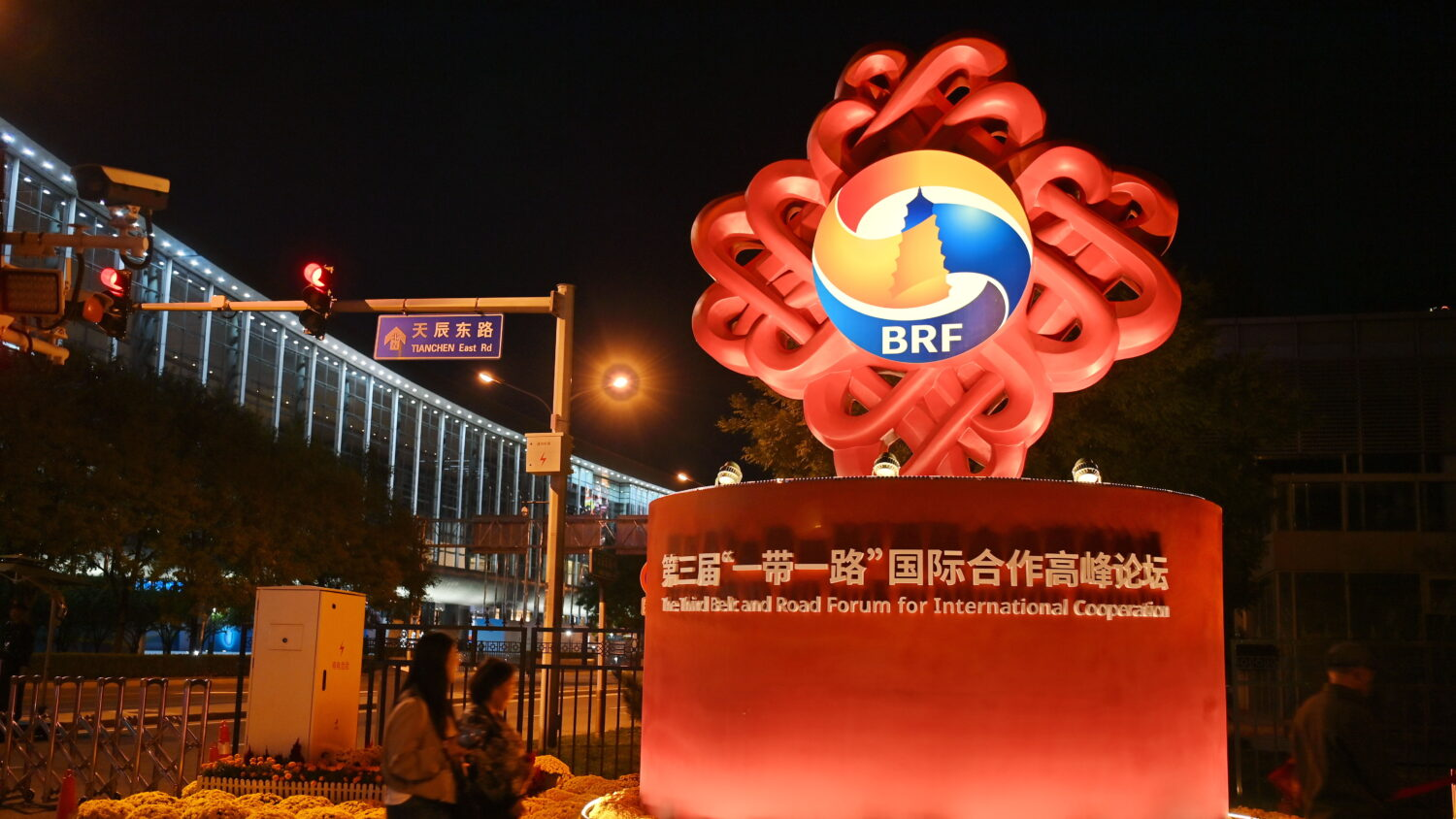In an age dominated by capitalist powers, Global South countries are converging to assess the progress of the Belt and Road Initiative (BRI), challenging the Western-dominated narrative of the global economy. The third Belt and Road Forum for International Cooperation held in Beijing is a testament to the enduring commitment of nations that believe in an alternative to the capitalist world order.
The BRI, launched by Chinese President Xi Jinping in 2013, draws inspiration from the historical Silk Road that fostered trade and cultural exchanges between the East and West. Its objectives encompass policy coordination, infrastructure development, trade facilitation, financial integration, and people-to-people ties among participating countries.
Over the past decade, more than 200 BRI agreements have been signed with over 150 countries and 30 international organizations. This initiative has allegedly generated hundreds of thousands of jobs and lifted millions out of poverty. The collective value of BRI projects has surged past a trillion dollars, emphasizing its global significance.
However, the BRI has faced relentless criticism from Western media. Accusations range from project delays to allegations of plunging small and developing nations into a debt trap. Some have even suggested strategic and military undertones to BRI projects. In response, China and many host countries have vehemently refuted these claims. They argue that such allegations aim to smear the BRI and deter developing nations from seeking strong South-South cooperation.
The global initiative isn't merely about economic progress. It extends to addressing climate change and alleviating regional and economic disparities. These objectives challenge the capitalist narrative that often perpetuates inequality and disregards environmental concerns.
The presence of leaders from Africa, Asia, Europe, and Latin America at the forum highlights a broader rejection of Western dominance in global affairs. It's a testament to the fact that nations from the Global South are increasingly looking inward to forge their own path towards development and cooperation, rather than adhering to the capitalist-driven agenda promoted by Western powers.
Despite Western smear campaigns, it's evident that BRI offers a viable alternative that resonates with countries seeking to break free from the grip of traditional capitalist structures. This initiative underscores the desire for a new world order where global cooperation isn't driven by Western capitalism but is rather shaped by a collective of nations striving for equitable development and shared prosperity.
In the face of Western resistance and skepticism, the Belt and Road Initiative stands as a beacon of hope for the Global South. It's a symbol of unity and progress driven by collaboration, a potent critique of the capitalist status quo that has dominated the world for far too long.

